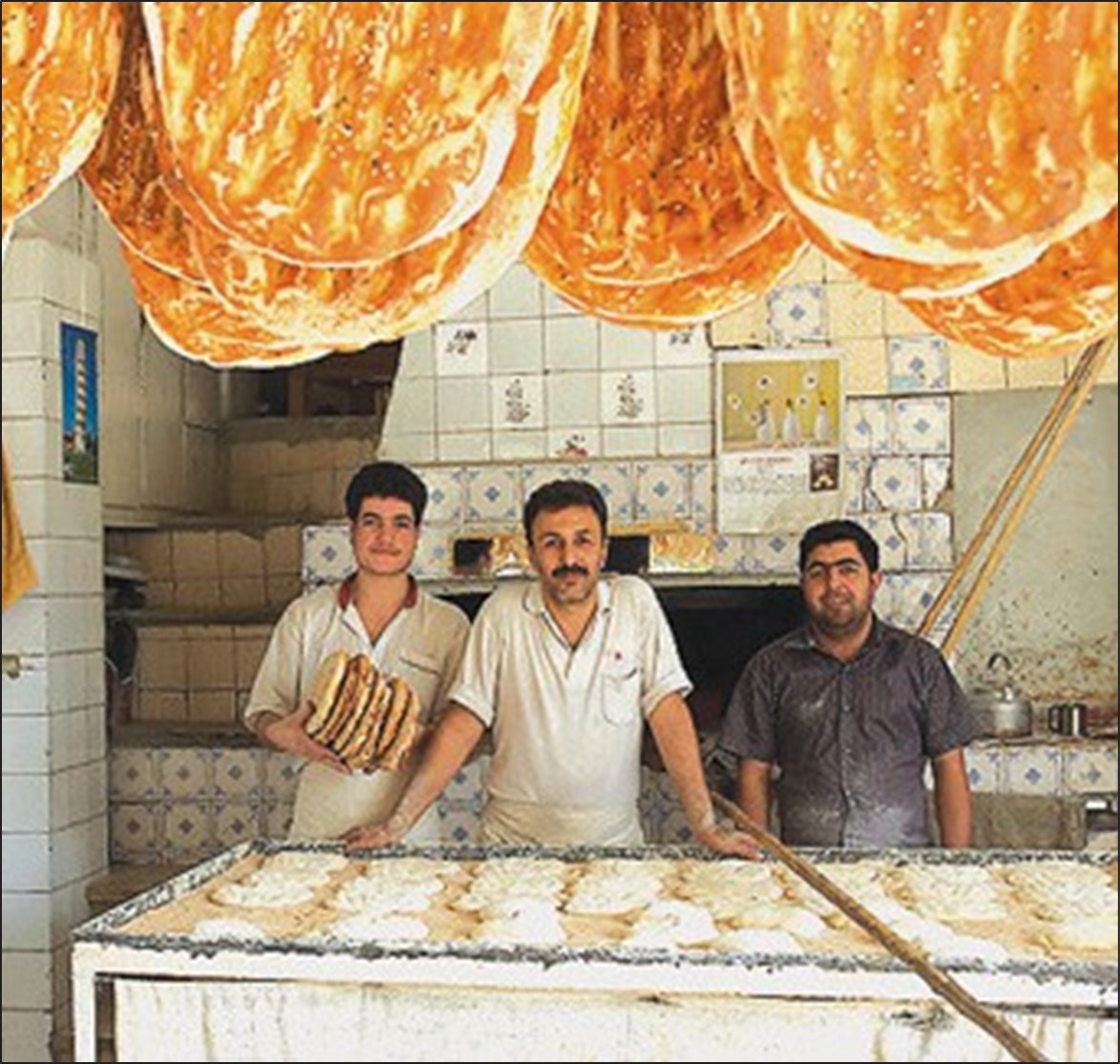October 25, 2024

Then, on September 9, the price hikes appeared at bakeries all across Tehran province. Fatemeh Nazari, head of the Tehran Traditional Bakers Union, said the new prices had been approved by the Interior Ministry that is, by the national government. The most popular types of bread went up about 40 percent in price as of September 9. The prices were reported to have gone up in 10 of the country’s 31 provinces three weeks earlier.
Later, the Agriculture Ministry announced that the price of raw milk had been raised 20 percent. And, later still, the government said the price of water distributed to homes would rise 55 percent. The daily Hamshahri said bakeries are not bound by the formal prices and often do not bake breads that fit the official definition of barbari, lavash and other types of bread.
They often sell bread, Hamshahri said, with additives like sesame, bran or black seeds in order to avoid coming under the official definitions of bread types, allowing them to market bread at higher prices. Some of the big bakeries, which have largely taken over from the corner bakeries that once dominated the culture, now have a presence on the internet and market their goods at varying prices, though buyers must then pay the additional charge for motorcycle delivery to their residences.
Meanwhile, signs went up at bakeries in Bardsir County in Kerman province saying that by order of the county prosecutor, “The sale of bread to foreign nationals is prohibited.” The only foreign nationals of any numbers living there are Afghans, so the signs were uniformly assumed to be another example of bias against Afghans who have fled the Taliban rule in their country. The Mizan news agency, which is the voice of the Judiciary, later said this order applies only in Bardsir County.
